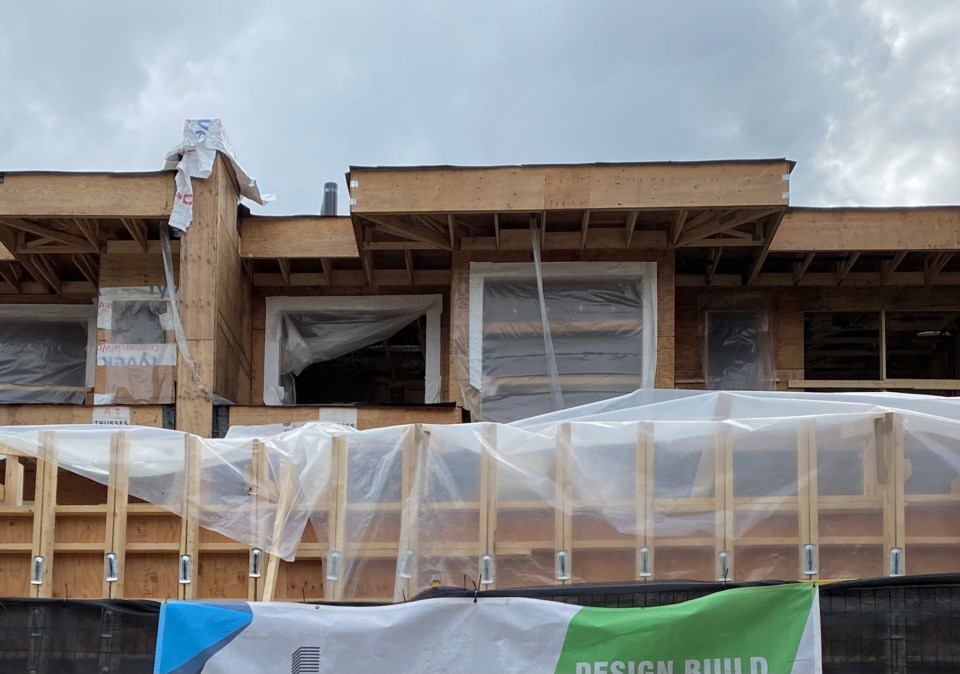The City of Surrey says it continues to evolve its land development and permitting process from a model of regulation to one of facilitation, but frustration is evident in neighbouring Delta where a series of streamlining measures have already been done.
At Surrey’s Regular Council Land Use meeting last week, council approved a motion to direct staff to look at “the next step to further transform and modernize the development and permitting process.”
Among other things, Surrey staff will explore streamlining the rezoning and development processes by conducting a comprehensive review and present recommendations that would significantly reduce timelines.
In a news release, Mayor Brenda Locke noted her city over the past couple of years has made improvements in several areas but must go further.
In Delta, a series of measures have also already been implemented in the hopes of speeding up the application process to get more housing built sooner.
However, getting approved projects built is another issue.
A recent Delta staff report stated that market conditions have encouraged developers to proceed through the development approvals, building permit and construction process as quickly as possible. However, with interest rates and construction costs, Delta has recently seen developers put their projects on hold for extended periods of time at all stages, waiting for more favourable market conditions to proceed.
During council’s recent discussion on a Tsawwassen condo project, which was approved, Mayor George Harvie reiterated his frustration that approved projects may not be built anytime soon.
“We’ve been moving very quickly on approving these with thorough examination by our staff to make sure these are good projects. The frustration is, we’ve got a long list of projects that received first, second and third, or even fourth (readings), but nobody has built. Very few people have gotten building permits right now, and there’s a number of reasons why,” said Harvie.
“Basically, with interest rates just dropping by a quarter-of-a-point each time, that’s not giving enough of an incentive for the developers to move forward. I’ve talked to a number of developers with regards to the rising costs.
“A home that a developer was planning to build, that was exactly the same as a home he built two years ago, the lumber package itself has gone up $50,000. There’s a lot of reasons why people are finding the numbers are just not working for them, and so, I’m very worried. We can park our housing requirement numbers over to the side because we’re doing everything we can to make sure that it is open business for us to have these projects approved. But, we can’t force people to build, and we’re going to be facing that for the next year, I believe.”
According to the 91原创 Home Builders’ Association (CHBA), results from its 2024 Q2 Housing Market Index (HMI) showed even worse builder sentiment than the first quarter across key regions of the country.
In a recent news release, the CHBA said the broadly negative view about the health of new home sales indicates that housing starts activity, at least for home ownership, will not pick up substantially any time soon.
Record lows for the HMI in Ontario and British Columbia are particularly worrisome, given that they are facing the greatest affordability challenges and have the largest need for much more housing supply.
The full effects of the slowdown have yet to be felt in housing start numbers because of long building timelines, especially for multi-family buildings, the CHBA said, adding the extremely low HMI values in Ontario and B.C. are reflective of both the very high prices in those provinces and the inability of buyers to access mortgages.
